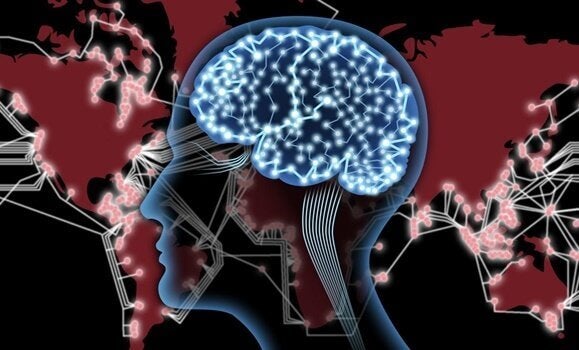Different authors and streams of thought have already come to the same conclusion: there are many internet prejudices about our critical ability. We are not talking about a hypothesis, but a fact-based conclusion, which is based on a very in-depth analysis. The website exists based on a set of operating rules and a certain logic that causes its users to suffer several negative consequences of its use.
Impairment of critical capacity is one of them, this capability corresponds to the application of a personal criterion that assigns value to the information or point of view presented, determines the validity and relevance of what is read or seen, for example. this difficult process, and that’s why we can say it decreases that capacity.
“What happens in Vegas is in Vegas. What happens on Twitter stays on Google forever?. – Jure Klepic-
How can this happen? Many online network spaces, such as search engines or social networks, operate from algorithms, initially it is only about pleasing the person, searching or organizing the information according to the tastes and preferences of users; Over time, the process ends up limiting the user experience by only showing what you already know, like, or accept, which in the long run reduces critical capacity. See more precisely why below.
When a person uses a search engine, they use all the data that is already stored about that particular user, so what will be displayed first are sites that usually have the same thinking as the person, because these are the sites that the user generally queries A lot of material is omitted from the search results.
Something similar happens with social media, when you connect, the network puts the information of the people you interact with most often and who usually think the same as you, you don’t even realize it, but your circle of people who actually appear on the network is much smaller than the total number of people you actually own.
The effect of all this is that you accidentally find yourself in an ideological world that only confirms the opinions you already have, there are no opinions, information or ideas that contradict yours on your page, what social networks offer you is only the confirmation of what you already know or think. This gives people a limited idea of the world around them. They think that reality is like that, without realizing that they are led to see only a part of it. That is why the Internet decreases critical capacity.
Social media has created a new type of addiction: I like search, not that you have it consciously, but every time someone posts a message, directly or indirectly, you expect others to approve what you just said or show. this approval doesn’t come, frustration or even doubt whether what you’re doing is right or just can happen.
Science has already shown that they like to activate dopamine circuits, that is, they give pleasure and are increasingly placed as a reward mechanism, make the person feel good about themselves because they presuppose the acceptance of the group, which can be problematic on many levels, since relying on likes shapes our opinions without realizing it.
This is another way in which the Internet diminishes our critical capacity: it transforms our ego into a product of social consumption, which always seeks the approval of others, disagreeing can mean leaving a certain group or even being rejected by the public, this leads us to condition our thinking.
There are many ways to interact with others on the Internet, among these means are, of course, social networks, but there are also forums, chats and other similar means, in this way the Web creates the false feeling that we are not alone. It is as if we are constantly in an endless conversation, which has no beginning or end, this conversation, in turn, always revolves around the same topics, after all, whether you like it or not, that’s what they’re talking about. Here.
Imperceptibly, physical contact is becoming less and less necessary to interact with others, web interactions assume that we adopt a physical posture in which we will almost always sit and look at a screen, both have an effect on our body and brain. The health and physical contact of our bodies increase the ability to empathize with human exchanges and affection.
As we see, the Internet permanently decreases critical capacity, voluntarily and docilely adapts to new ways of life and relationship through screens, which take us away from the experience of direct contact and real life. a small world limited by frames that we create ourselves when we enter the network. What are you going to do about it?

